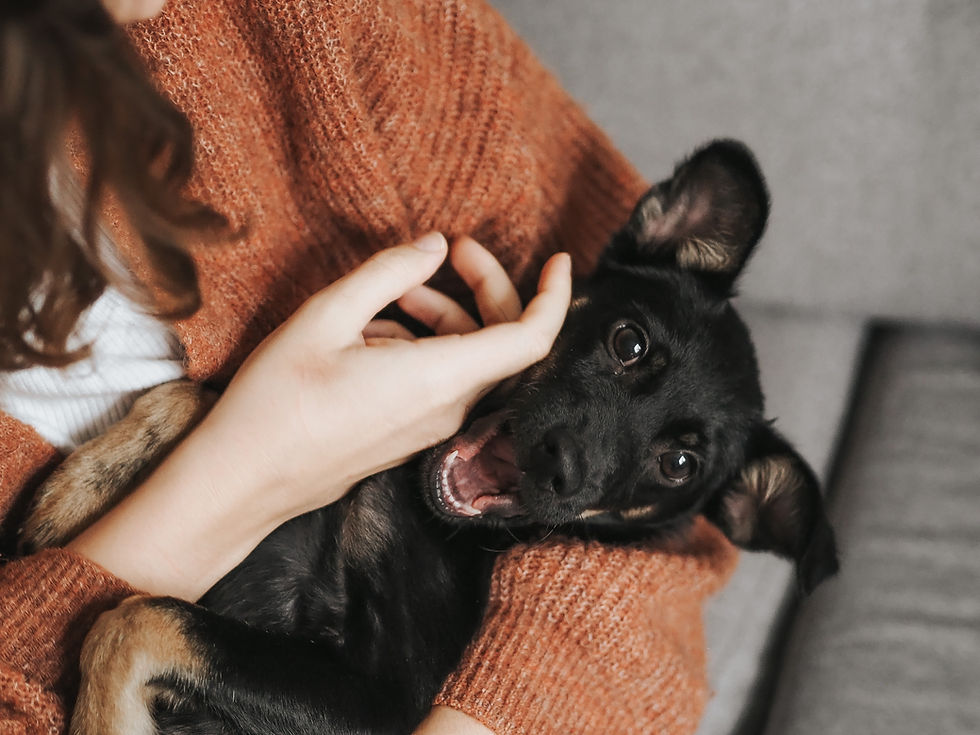Vegies. Does your pet need them?
- Ruth Hatten

- Oct 19, 2023
- 2 min read
Let's talk vegetables! You'll find conflicting information about this on the internet and on socials. Just like anything really!
So what is the TRUTH?
Does your pet need vegetables in their diet? Find the answer below.

Whether vegetables should form part of a cat's or dog's diet is just one of the many topics in animal care where you will find conflicting information, and be left confused and stuck. Feeding your animal the right foods, that promote good health, doesn't need to be confusing. In fact, it can be really straightforward. Once you have reliable information, and effective strategies in place. At a very basic level, the best diet for your animal is going to be the one that they are designed to eat. Let's use the feline as an example. They're designed to eat, and have eaten for the longest period of time (as far as their species is concerned), mice and ground-dwelling birds. This is their natural diet. But of course, we don't want our cats to be decimating bird populations, and nor are we about to go out and hunt mice for our cats. Instead, we can replicate their natural diet with real foods. Foods their bodies are designed to eat. We can do this with dogs too. And yes, vegetables do have a place in a healthy cat and dog diet. Here's why.
Vegetables provide health promoting nutrients, like:
vitamins and minerals
antioxidants, which help to protect your pet against disease-causing free radicals and provide anti-ageing benefits
phytonutrients, which help prevent disease and support optimal health
enzymes, which promote healthy digestion, anti-ageing and anti-degeneration
fibre, which aids digestion, keeps your pet regular and assists with detoxification (PLUS fibre ferments and creates short chain fatty acids which support healthy energy, immune functioning and protect the mucosal gut lining)
water, which helps to keep your pet hydrated.
Vegetables are a natural part of a dog’s diet, because dogs would normally consume plant foods from eating grasses, berries and the intestines of prey (which contain partially digested plant matter).
What about cats?
Whilst cats are obligate carnivores, meaning they need a diet that is mostly animal-based they can benefit from a small amount of vegetables too (for the same reasons as dogs, but particularly the antioxidant, phytonutrient, fibre and moisture benefits).
Naturally, a cat would consume plant foods from eating grass and the intestines of prey (which contain partially digested plant matter).
But...!
To ensure your pet gets the beneficial nutrients found in vegetables:
they need to be properly prepared, and
there should be more green vegies fed than orange or white vegies.
Keen to learn more? I would love to help you find clarity around how you can feed your animal the best diet for them. And that's one of the reasons why I'm running my HOLISTIC ANIMAL CARE WORKSHOP on 4 November. To give you reliable information on the TRUTH around how you can help your companion animals live their healthiest, happiest and best life. Find out more here.











(1).png)




Comments